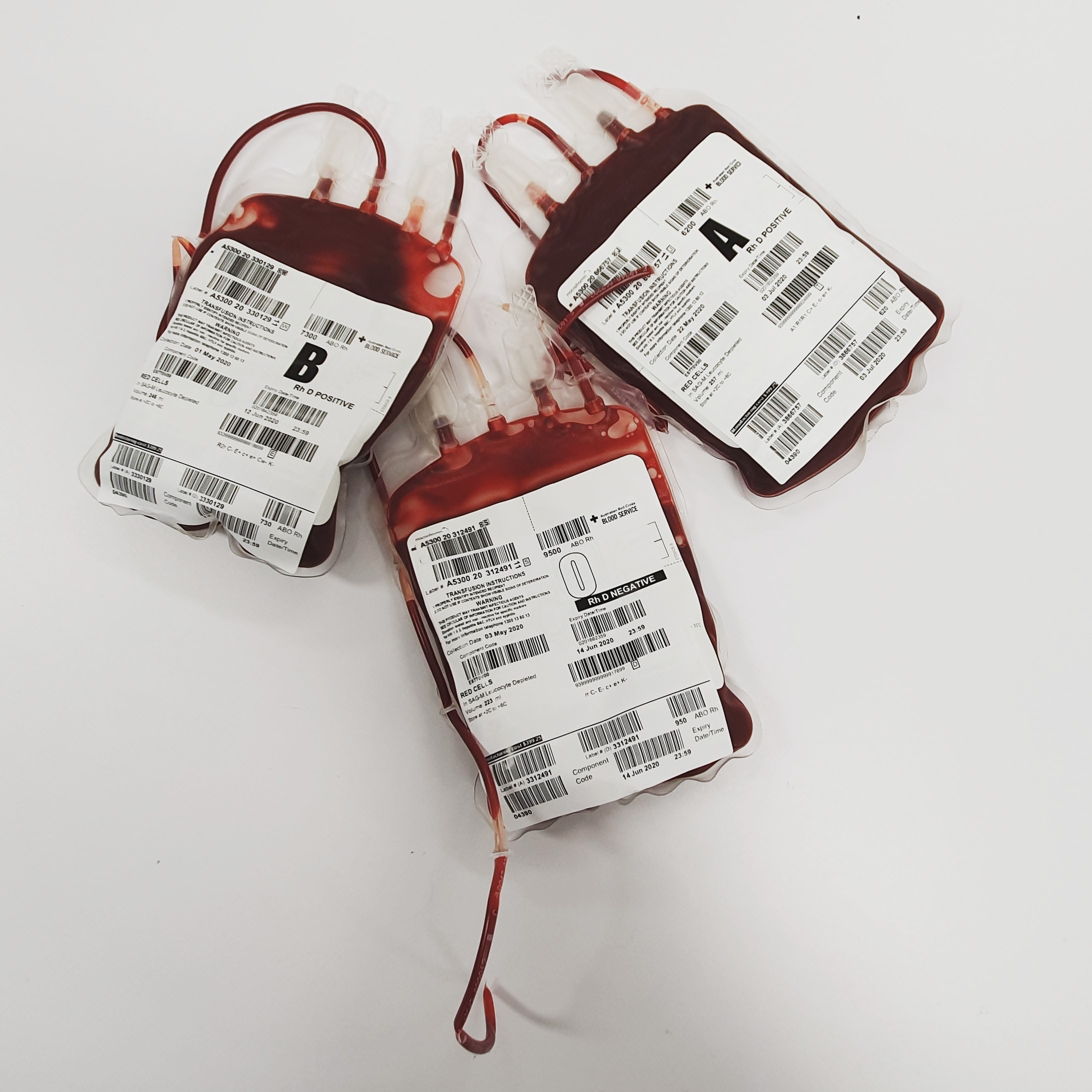
Preterm neonates have high rates of transfusion but there is a lack of evidence-based guidance and consensus on optimal selection and processing of blood components for this group. Neonates are vulnerable recipients with specific physiological characteristics including a small blood volume and immature haemostatic system. These features may put them at higher risk of transfusion-associated adverse events and Blood Establishments often take additional safety measures for blood components for neonates.
We anticipate wide variation in neonatal specifications among European Blood Establishments given the lack of international standardisation of neonatal components. However, detailed multinational data on the specifications of neonatal blood components in Europe are lacking. Our aim is to understand current practice as a first step in developing further evidence and guidance for the future.
The survey has been initiated by the Neonatal Transfusion Network (NTN) and developed and piloted in collaboration with European transfusionists. SCONE’s coordinating investigators are Nina Houben, Drs Rebecca Cardigan, Dirk de Korte, and Helen New. The survey is supported by the European Blood Alliance (EBA), the European Society for Pediatric Research (ESPR) and Sanquin Blood Supply Foundation.
The survey is designed for transfusion experts within European Blood Establishments and focusses on neonatal red blood cell, platelet, and plasma transfusions. Potential respondents will be recruited via the EBA in the first instance (commencement date March 31st 2023) and requested to complete the editable PDF survey tool.
Several aspects of blood component preparation and policies specific to neonatal transfusion are addressed in the survey. These include: donor selection criteria, leukocyte reduction, use of CMV antibody-screened components, pathogen inactivation, anticoagulant and storage medium used, storage age, anti-A/B antibody titration, irradiation, washing, the use of small-volume aliquots and cord blood banking.
The results of the survey will be analysed and fed back to participants to provide context of practice in relation to other European Blood Establishments. The results will be published in an open access peer-reviewed international scientific journal.
Please contact SCONE_neon@lumc.nl if you are interested in participating or have any questions.
